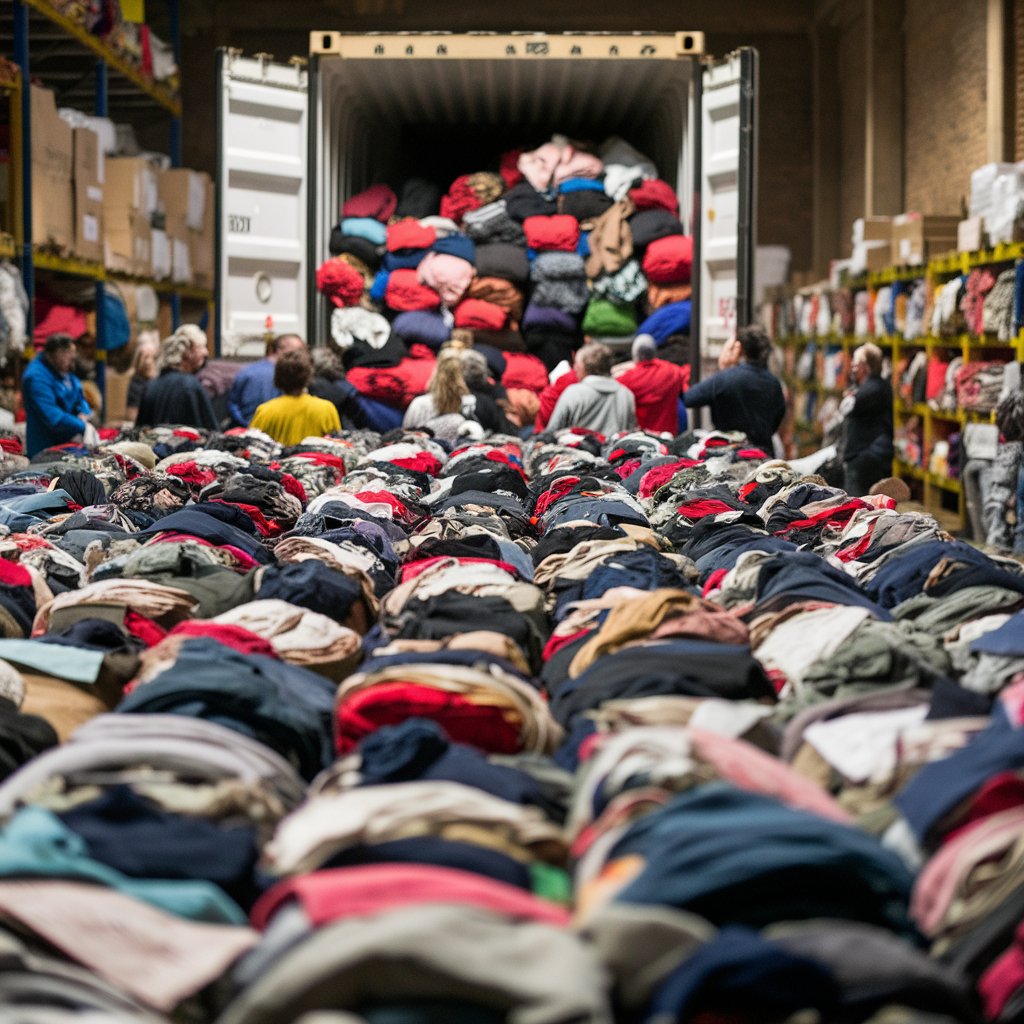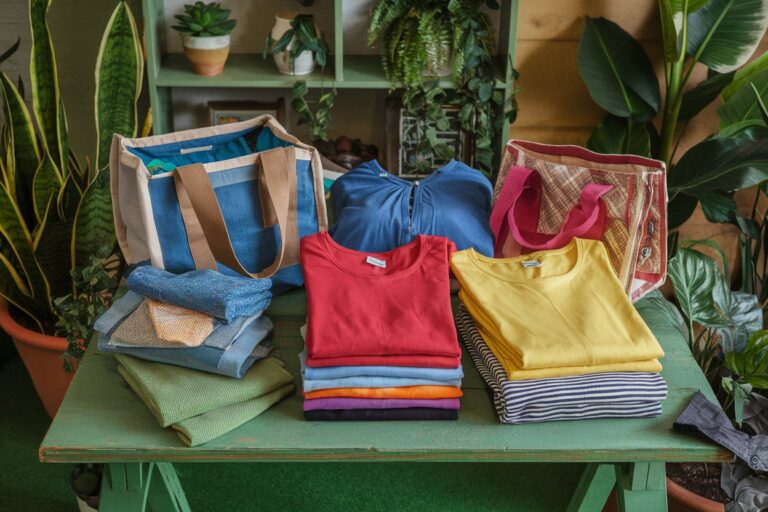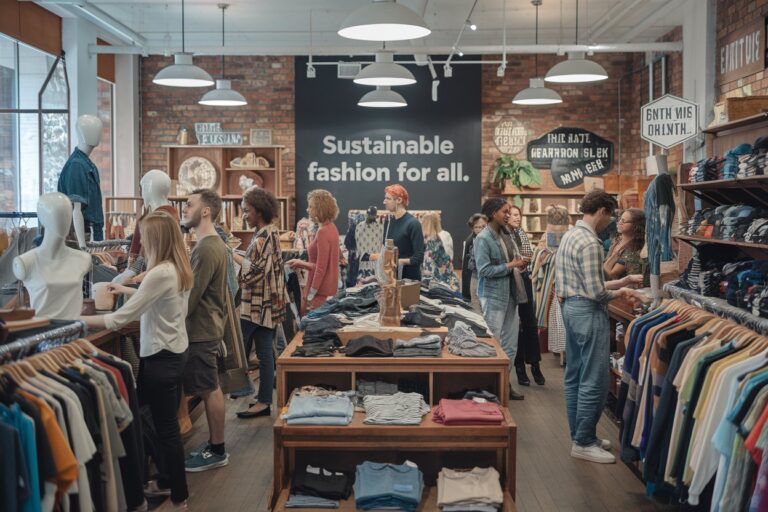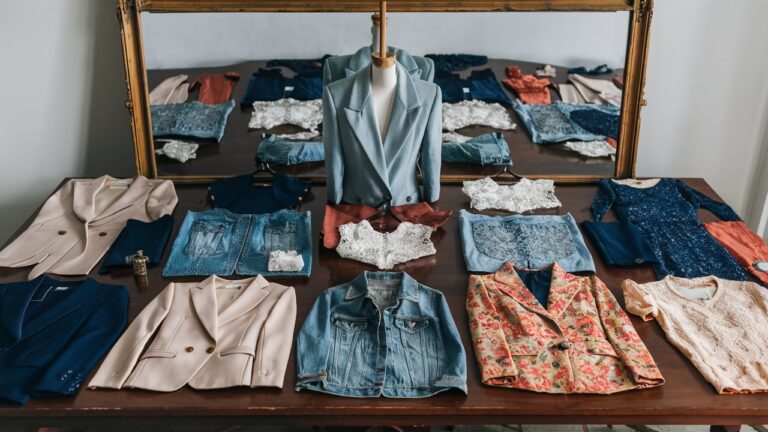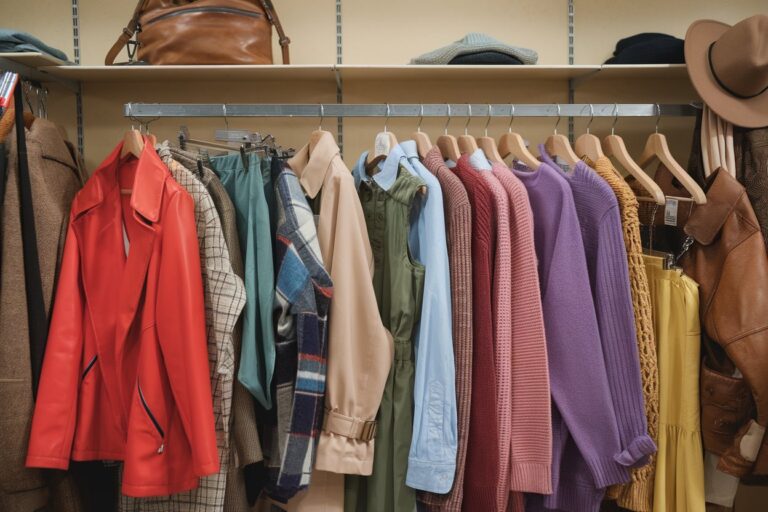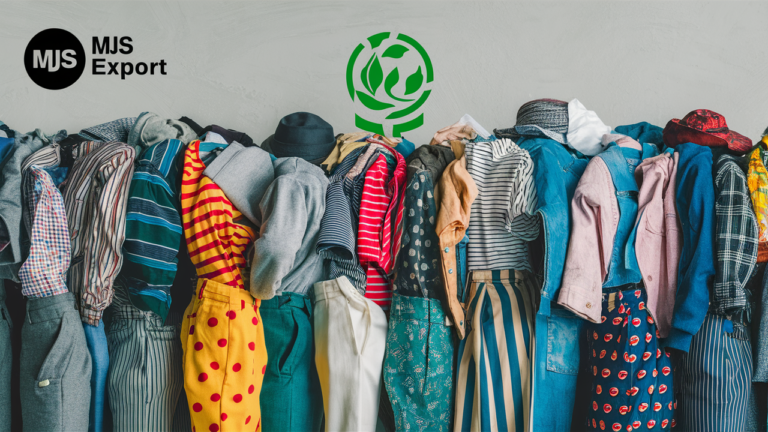How to Choose a Reliable Used Clothes Supplier
The UAE has rapidly emerged as a thriving hub for the secondhand clothes market, catering to both domestic demand and international trade. The rising consumer awareness of sustainable fashion and the economic benefits of purchasing reliable used clothing have contributed to this growth. Whether you’re looking to supply local stores or export globally, partnering with a reliable used clothes supplier in the UAE is essential for ensuring product quality and meeting business goals.
In recent years, the shift toward affordable fashion, coupled with a heightened focus on reducing environmental impact, has drawn attention to the secondhand clothing sector. Importers and retailers alike seek suppliers that can deliver on quality, reliability, and ethical standards.
Why the UAE is a Key Market for Used Clothes
- Strategic Location: The UAE’s central position between Asia, Europe, and Africa makes it a strategic location for trade.
- Growing Demand: There’s an increasing demand for reliable used clothes due to their affordability and diversity in fashion.
- Sustainability Focus: Consumers are becoming more environmentally conscious, driving demand for secondhand clothes as part of the global push toward sustainability.
Understanding the Benefits of Buying Used Clothes
The benefits of buying secondhand clothes extend far beyond cost savings. From environmental impacts to broader societal benefits, secondhand clothing is gaining traction for various reasons.
Environmental Sustainability
The fashion industry is one of the most resource-intensive sectors. By choosing reliable used clothes, businesses and consumers can significantly reduce the environmental footprint associated with clothing production. This includes cutting down on water usage, energy consumption, and the reduction of textile waste in landfills.
Cost Benefits
Reliable used clothing often comes at a fraction of the price of new apparel. For retailers and wholesalers, this allows for higher margins while offering consumers a low-cost alternative to high-priced fashion items.
Unique Fashion Choices
Vintage and secondhand clothes often feature unique styles that are no longer available in mainstream fashion outlets, making them appealing to niche markets and fashion-forward consumers.
Key Factors to Consider When Choosing a Used Clothes Supplier
When searching for a reliable used clothes supplier in the UAE, there are several critical factors to assess to ensure you’re partnering with the right company. This choice directly affects your business’s reputation, product quality, and long-term success.
Reputation and Reliability
The supplier’s track record is one of the first things you should investigate. A supplier with a solid reputation for delivering high-quality goods on time is essential. A good reputation is often built over years of consistent performance and customer satisfaction.
Transparency
Suppliers that are upfront about their sourcing, grading, and pricing structures are more likely to be trustworthy. A transparent supplier will willingly share details about their sourcing methods and be open about any potential issues or delays.
Certifications and Legal Documentation
Ensure that the supplier complies with local UAE regulations and holds any necessary certifications. This not only guarantees the legality of the goods but also reinforces the supplier’s reliability.
Researching Potential Suppliers
Before committing to a supplier, thorough research is critical. This involves both online and offline methods to vet potential partners.
Online Research
Start by looking for online reviews, ratings, and testimonials. Websites like Alibaba, TradeKey, and industry-specific forums can provide insights into a supplier’s reputation. Don’t hesitate to reach out to other businesses that have worked with the supplier for firsthand accounts of their experiences.
Offline Research
Attending trade shows and networking with other industry professionals can provide valuable leads on reliable suppliers. Meeting suppliers in person helps build rapport and trust, giving you a better understanding of their operations.
Assessing Supplier Experience and Expertise
Experience in thereliable used clothing industry is a significant advantage. Suppliers with years of experience are more likely to understand market trends, consumer demands, and the intricacies of sourcing high-quality clothing.
Why Experience Matters
- Market Knowledge: Experienced suppliers are more likely to be aware of local and international market trends, allowing them to offer better advice on inventory.
- Operational Efficiency: Suppliers with a well-established supply chain can process orders faster and more efficiently, minimizing delays.
Evaluating the Quality of Used Clothes
The quality of the clothes you purchase directly impacts your business’s success. Understanding how suppliers grade their stock and what inspection processes they have in place is essential for maintaining a high standard of products.
Grading Systems
Reliable used clothes are often categorized into different grades based on their condition:
- Grade A: Like-new, high-quality items with little to no wear.
- Grade B: Slightly used clothes with minor imperfections.
- Grade C: Heavily used clothes, often sold at a lower price for specific markets.
Inspection Processes
A trustworthy supplier will have rigorous quality control processes in place, ensuring that all clothes meet certain standards before being shipped.
Understanding Pricing and Payment Terms
One of the most critical aspects of choosing a reliable used clothes supplier in the UAE is understanding the pricing and payment structure. A supplier’s pricing model can greatly impact your profit margins, and payment terms can affect your cash flow and the overall relationship.
Pricing Models
Used clothing suppliers often have varying pricing structures, which may be influenced by:
- The quality or grade of the clothing: Higher-grade items (Grade A) will cost more than lower-grade options (Grade B or C).
- Quantity purchased: Many suppliers offer discounts for bulk purchases or minimum order quantities.
- Type of clothing: Categories like winter wear, branded items, or vintage clothes may come at a premium.
- Location of the supplier: Shipping and handling charges can also affect the overall cost, especially if the supplier is outside the UAE or located far from your business.
Negotiating Fair Prices
When negotiating prices with suppliers, keep the following in mind:
- Research Market Rates: Understanding the average prices for reliable used clothes in the UAE market helps you gauge whether a supplier’s quote is competitive.
- Discuss Bulk Discounts: If you’re ordering large quantities, negotiate a discount based on volume.
- Ask for a Breakdown: Request a detailed cost breakdown, including shipping, taxes, and other potential fees, to ensure transparency.
Payment Terms
The payment structure is another vital factor in supplier negotiations. Common payment options include:
- Full Payment Upfront: Many suppliers may request full payment before dispatching the goods, particularly for new clients.
- Payment on Delivery (POD): In some cases, suppliers offer payment after delivery, giving you time to inspect the goods.
- Installments: Some suppliers may offer installment plans where payments are broken down over a set period.
Ensure you have a clear understanding of the payment terms before signing any agreement to avoid potential disputes later.
Supplier Certifications and Legal Compliance
When dealing with any business in the UAE, especially in the wholesale clothing industry, ensuring that your supplier complies with local laws and international standards is crucial. This not only guarantees the legitimacy of the business but also protects you from legal issues in the future.
Why Certifications Matter
Certifications serve as proof that a supplier adheres to recognized standards. These certifications may cover:
- Quality control: Ensuring that the supplier has a system in place for inspecting and grading reliable used clothes.
- Environmental and ethical standards: Verifying that the clothes are sourced ethically and sustainably.
- Business legitimacy: Demonstrating that the supplier is legally registered and authorized to operate in the UAE.
Key Certifications to Look For
- ISO Certifications: Suppliers with ISO 9001 or ISO 14001 certifications have met international standards for quality management and environmental practices.
- Fair Trade Certification: Ensures that the supplier pays fair wages and operates ethically.
- UAE Business Licenses: Check for appropriate trade licenses issued by the UAE government to ensure that the supplier is legally operating within the region.
Analyzing Customer Reviews and Testimonials
Customer reviews and testimonials offer firsthand insights into a supplier’s reliability, quality of products, and customer service. Whether you find these reviews on the supplier’s website or third-party platforms, they can provide valuable feedback from businesses similar to yours.
What to Look for in Reviews
- Consistency: Look for consistent praise or complaints regarding the supplier’s services. A few negative reviews are normal, but repeated issues such as late deliveries or poor product quality are red flags.
- Response to Criticism: Reliable suppliers often respond to customer complaints and seek to resolve issues. This shows a commitment to customer satisfaction.
- Specific Feedback: Focus on reviews that discuss the exact qualities you’re interested in, such as product quality, delivery timelines, and ease of communication.
Where to Find Reliable Reviews
- B2B Marketplaces: Platforms like Alibaba or TradeKey allow buyers to leave feedback on suppliers, offering a wealth of information.
- Social Media and Forums: Business communities on LinkedIn or industry-specific forums can also provide useful insights.
Building Long-Term Supplier Relationships
Establishing a strong, long-term relationship with your supplier can lead to better deals, improved service, and a more efficient supply chain. A reliable relationship can help your business grow steadily without the constant need to search for new suppliers.
Benefits of Long-Term Relationships
- Consistency: A long-term supplier will understand your specific needs and consistently deliver the types of clothes you require.
- Preferred Customer Status: Over time, you may receive better pricing, faster shipping, and priority during busy periods.
- Trust: Building trust means you can rely on the supplier to be transparent, especially if issues arise.
Tips for Maintaining Strong Relationships
- Clear Communication: Regular updates and open communication help avoid misunderstandings and build a solid foundation.
- Timely Payments: Pay your supplier on time to maintain good standing and potentially negotiate better terms.
- Feedback: Offer constructive feedback to improve future transactions. A good supplier will appreciate honest communication about what works and what doesn’t.
Common Pitfalls to Avoid When Choosing a Supplier
Selecting the right reliable used clothes supplier can be challenging, especially if you’re new to the market. Understanding common pitfalls will help you avoid costly mistakes and protect your business.
Pitfall 1: Focusing Solely on Price
While getting a good deal is important, the cheapest option isn’t always the best. Low prices may indicate poor-quality clothes, unreliable service, or hidden costs like expensive shipping fees.
Pitfall 2: Ignoring Certifications
Working with uncertified suppliers can lead to legal complications or issues with product quality. Always check for proper certifications before entering into a contract.
Pitfall 3: Not Checking References
Skipping the due diligence of checking customer reviews, testimonials, and references can result in partnering with a less-than-reliable supplier. Take the time to thoroughly research each supplier.
The Role of Logistics in Supplier Selection
Logistics play a crucial role in the success of your supply chain. A supplier with an efficient and reliable logistics operation can help you save time and money, while also ensuring that your goods arrive on time and in good condition.
Key Logistics Factors to Consider
- Shipping Methods: Suppliers should offer various shipping options that cater to your business needs, whether it’s air freight for urgent deliveries or sea freight for bulk orders.
- Delivery Times: Understand the supplier’s average delivery time and any potential delays caused by customs or local regulations in the UAE.
- Handling and Packaging: Proper packaging ensures that the clothes arrive in good condition. Discuss the supplier’s packaging methods, especially for bulk shipments.
Local vs. International Suppliers
Working with local UAE-based suppliers can significantly reduce shipping costs and delivery times, while international suppliers may offer a wider variety of products. Assess the trade-offs between cost, variety, and convenience when selecting a supplier.
Understanding Minimum Order Requirements
Many used clothing suppliers have minimum order requirements (MOQ) that dictate how much product you must purchase in a single order. MOQs can vary widely, and understanding them is crucial to managing inventory and cash flow.
Negotiating MOQs
If a supplier’s MOQ is too high for your business, try negotiating a lower quantity. Some suppliers may be willing to reduce the MOQ, especially if you can demonstrate that your business will make regular purchases in the future.
Balancing Inventory and Demand
Ensure that you can handle the volume of clothing required by the supplier’s MOQ without overstocking, which can lead to storage issues or cash flow problems. Make sure your sales projections justify the purchase size.
Ethical Sourcing and Fair Trade Considerations
Ethical sourcing is becoming increasingly important to consumers and businesses alike. Working with a supplier that practices ethical sourcing ensures that the clothes are acquired in a manner that is socially and environmentally responsible.
What Is Ethical Sourcing?
Ethical sourcing means that the supplier adheres to fair labor practices, provides safe working conditions, and avoids environmentally damaging practices. It’s also about ensuring that the used reliable clothes were originally sourced from legitimate and transparent channels.
Why It Matters
Customers are becoming more conscious of where their products come from and are more likely to support businesses that align with their ethical values. By choosing an ethically responsible supplier, you not only ensure compliance with fair trade practices but also enhance your brand’s reputation.
Frequently Asked Questions (FAQs)
Conclusion
Choosing a reliable used clothes supplier in the UAE is essential to the success of your wholesale or retail business. By carefully evaluating suppliers based on factors such as quality, pricing, logistics, and ethical practices, you can build a solid partnership that supports long-term business growth. Remember, due diligence in research, clear communication, and negotiation are key to establishing a successful and mutually beneficial relationship with your supplier.
